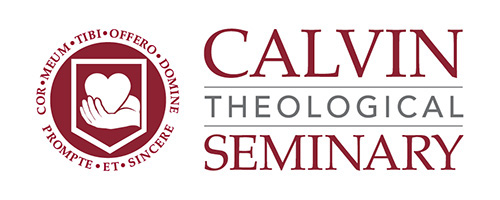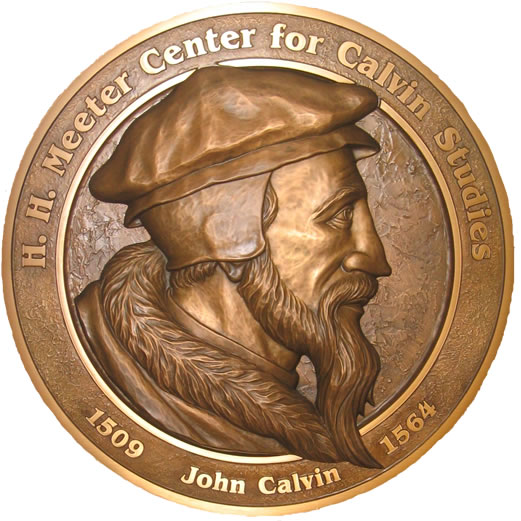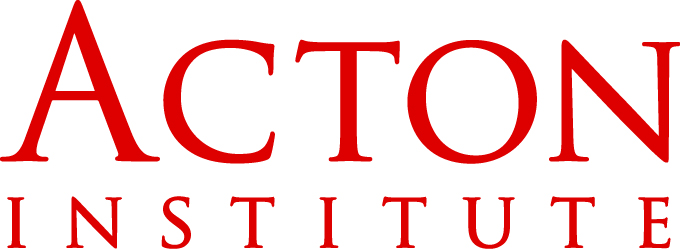
© Roland Fischer, Zürich (Switzerland) – Mail notification to: roland_zh(at)hispeed(dot)ch / Wikimedia Commons https://creativecommons.org/licenses/by-sa/3.0/deed.en
Quick links
About the Conference
Think “Reformation”, and the words Martin Luther, Wittenberg, 95 Theses, and 1517 spring to mind. But Luther was not the only Reformer, and Wittenberg was not the only city where the Reformation began. About 360 miles further south, in the Swiss city of Zurich, Huldrych Zwingli began his public ministry in January 1519, preaching sequentially through the Gospel of Matthew. Like Luther, Zwingli started out his career as a Catholic priest. Like Luther, Zwingli had studied the Bible extensively, in Zwingli’s case focusing on Erasmus’s Greek New Testament.
As he worked and preached in Zurich, Zwingli increasingly noticed the divergences between what the Bible said and the practices of the Catholic church of his day. Why did the Church say people had to abstain from meat during Lent? Where in the Bible did it say that clergy had to be celibate? Zwingli’s questions grew as did discussions in the city about the need for a Reformation in church practice and doctrine. By 1523, the Zurich magistrates authorized two major public debates between Zwingli and his colleagues and supporters on the one side, and defenders of traditional Catholicism on the other. The official process of Reformation had begun. By 1523, preachers in Zurich were to base themselves solely on Scripture for their sermons. By 1525, the Catholic Mass had been banned in Zurich’s territory.
To mark the 500th anniversary of the Swiss Reformation, and to highlight its enduring impact, the Meeter Center is hosting a two-day conference on Friday Sept. 13 and Saturday Sept. 14, 2019, at Calvin Theological Seminary. Speakers include Bruce Gordon (Yale), Amy Nelson Burnett (Nebraska-Lincoln), John Roth (Goshen), Jordan Ballor (Acton), and Esther Chung-Kim (Claremont-McKenna). The conference will also feature an exhibit of early printed books related to the Swiss Reformation and a re-enactment of the January 1523 disputation. Don’t miss it!




